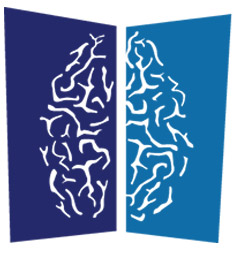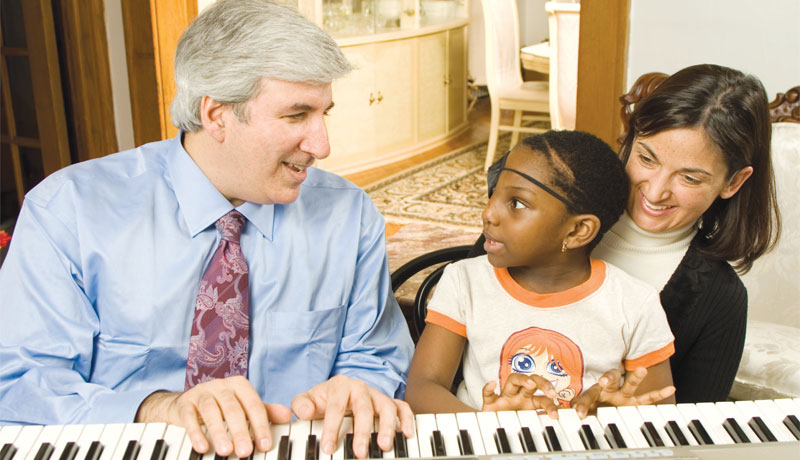Was Wes Welker‘s four-week suspension a ‘blessing in disguise’ in the form of enforced rest for further recovery from a recent concussion? According to Dr. Arno Fried, he would not have cleared Welker to play; while four weeks is better than the reported one-week break he took following his previous concussion, it is far from the one-year break that Dr. Fried would have ultimately recommended for Welker.
But Wes Welker’s issue was just the tip of the Titanic-like iceberg. By September in 2014, there were 67 reported concussions since the start of the year’s NFL preseason, according to @NFLConcussions on Twitter (not affiliated with the NFL).
Playing After a Concussion
To play or not to play—that is the question. After suffering three concussions in ten months, Denver Broncos wide receiver Wes Welker was still being considered for the season opener against Indianapolis, a mere 15 days after suffering his latest concussion.
Many pundits called on Welker not only to forego playing, but to retire from the sport. It seemed, according to their analysis, that enough was enough. But Dr. Arno Fried, an expert neurosurgeon and founding member of Advanced Neurosurgery Associates in New Jersey, had a slightly nuanced view.
“I am not a big believer in ‘absolutes,’ such as telling Wes Welker he should retire,” said Dr. Fried. “I would counsel him on the cognitive changes he may undergo in the long term with his concussion history, and that the odds of those changes will increase if he gets another concussion. I would give him informed consent and then let him decide.”
One problem, pointed out Dr. Fried, is that we didn’t know what kind of concussions comprised Welker’s past history: was he merely dazed, did he suffer memory loss or did he blackout?
Dr. Fried, however, had short-term advice on which he was definitive: “If Wes Welker were my patient, I would not clear him to play on Sunday.” In fact, Dr. Fried would have advised him not to play for a year. And in terms of Welker’s return to practice, Fried said, “I wouldn’t recommend it.”
Fried counsels rest for at least two weeks following a concussion, and he is clear that rest means not only no practice, running or other exercise, but complete rest from computer screens, television, or other work.
Rest Following a Concussion
It is important to clarify the meaning of medically recommended rest following a concussion. The recommendation is for cognitive rest. This means avoiding cognitive activity, which is defined as anything that taxes the brain.
This would include anything from reading, to doing homework, to watching TV or going to a movie. It also includes texting, being on the phone, or being on the computer. Cognitive activity is resumed slowly, and depends on the presence or lack of concussion symptoms.

ANA is a team of expert neurosurgeons and medical professionals, who combine their decades of knowledge to provide information, events, and articles on a range of neurological conditions.



